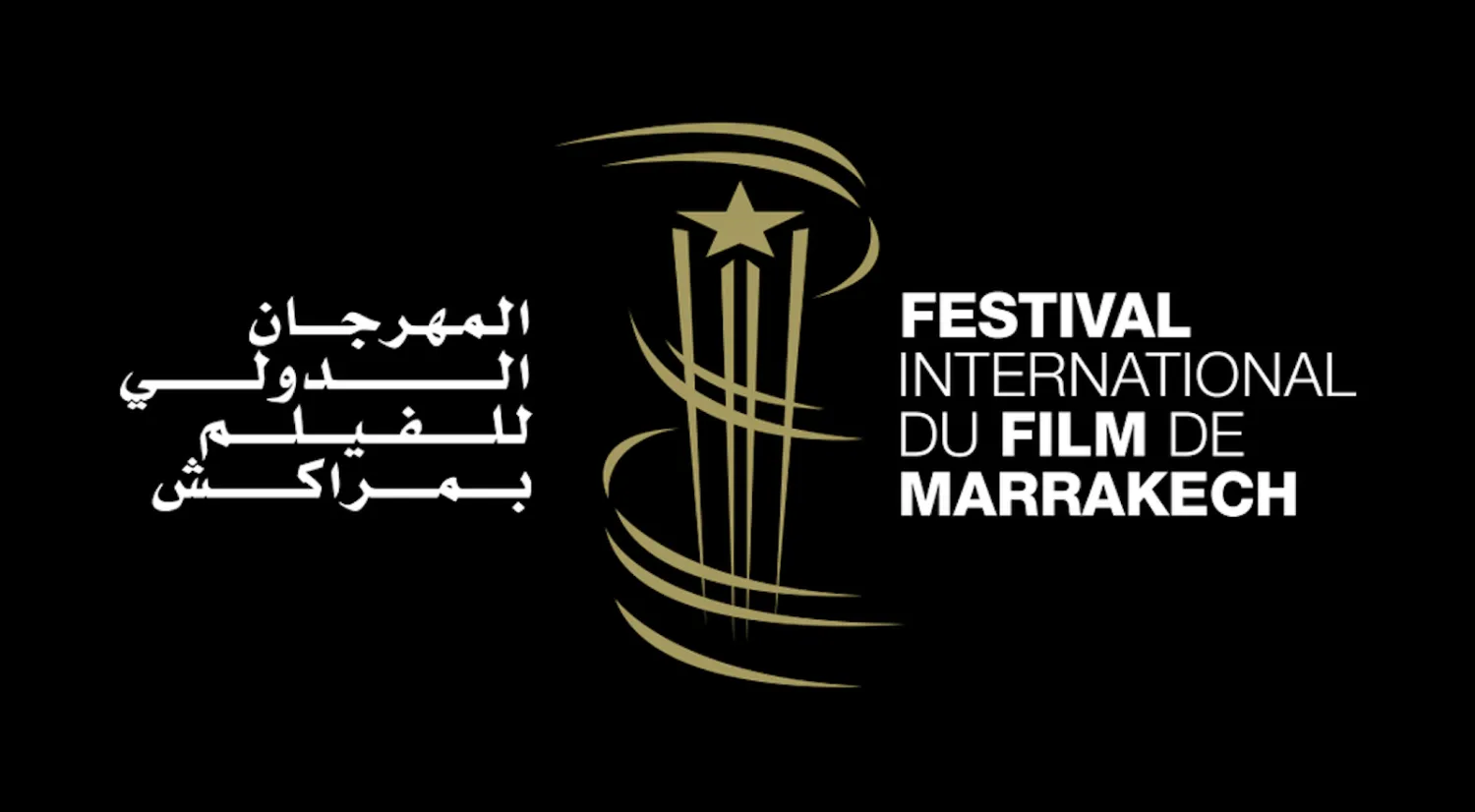The Marrakech International Film Festival returns to the Moroccan tourist hub this month, with organizers hoping to woo star-struck fans after a two-year hiatus due to the coronavirus pandemic.
British actress Tilda Swinton is set to attend, with Italian director Paolo Sorrentino heading up the jury, AFP said.
The festival, running from November 11-19, features emerging directors from across the world who will "shape the cinema of tomorrow", according to Prince Moulay Rachid, who presides over the festival's foundation.
Sorrentino, whose film "The Great Beauty" won a foreign-language Oscar in 2014, is joined by French actor Tahar Rahim, Lebanese director Nadine Labaki and German-American actress Diane Kruger.
Fourteen feature films from across the world, including six by women, will be in the running for the festival's top prize, the Gold Star.
Artistic director Remi Bonhomme told AFP that the festival "brings together different cinematic worlds, through 76 films (representing) 33 countries covering all continents".
The opening film is "Pinocchio", a remake of Carlo Collodi's animated tale by Mexican director Guillermo del Toro.
Tributes will also be paid to American director James Gray and to Swinton, who headed the festival's jury in 2018 and 2019, as well as Moroccan director Farida Benlyazid and Bollywood star Ranveer Singh.
Known for its conversational side events, the festival will give the public the chance to question Iran's two-time Oscar-winning director Asghar Farhadi.
US independent director Jim Jarmusch is also on the line-up, with events set to take place at a string of venues across the city with its famous red buildings.
Marrakesh's iconic Jamaa El-Fna square will host outdoor screenings of science fiction epic "Dune" and James Gray's "Ad Astra".
The city's famous Yves Saint Laurent museum will also host the "11th continent" collection of recently restored archive films, including "Muna moto" (1975) by Cameroonian Jean-Pierre Dikongue-Pipa or "Beirut the Encounter" (1981) by Lebanon's Borhane Alaouie.
Other screenings will include films that have already debuted recently at top festivals, including "No Bears" by Iran's Jafar Panahi, who has been detained in Iran since July.
The film received the Special Jury Prize at the 2022 Venice Film Festival.
Legal drama and Venice Silver Lion winner "Saint Omer", by French director Alice Diop, will also be screened.
Alongside the festivities, organizers will hold the Atlas Workshops, a program supporting young filmmakers from Africa and the Middle East with development and post-production that also awards prizes.
A previous winner, Egyptian director Omar El Zohairy, was awarded a Grand Prize at the Semaine de la Critique in Cannes in July for his scathing "Feathers".









